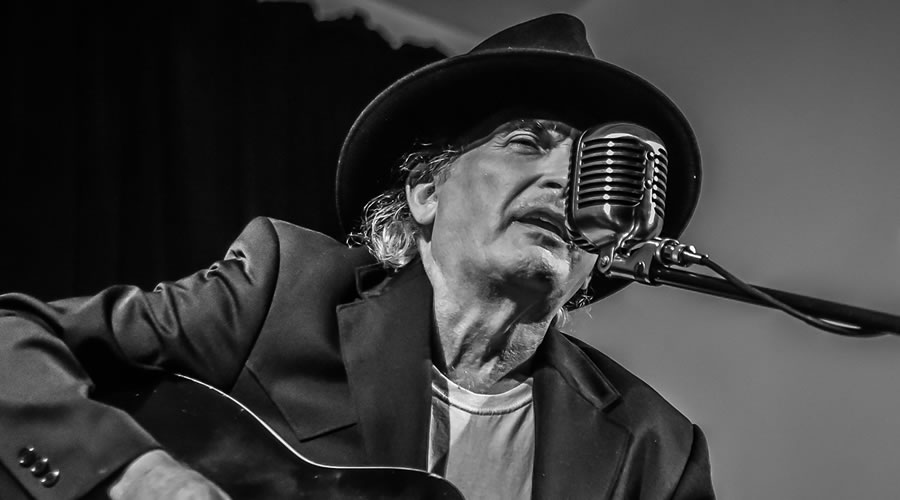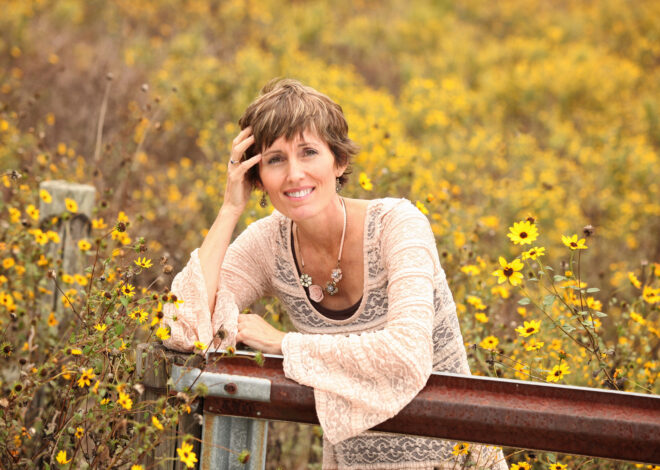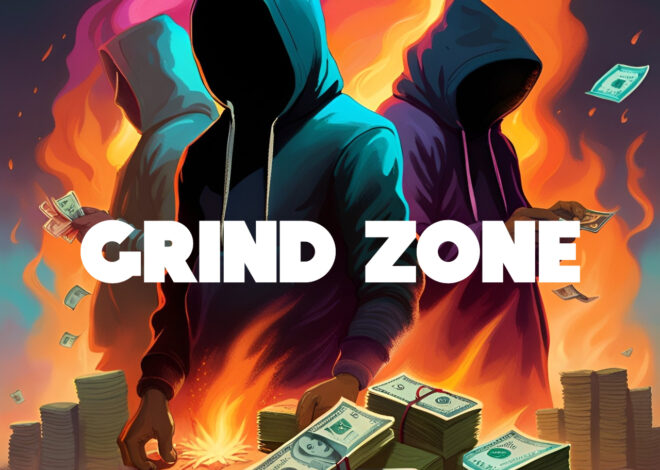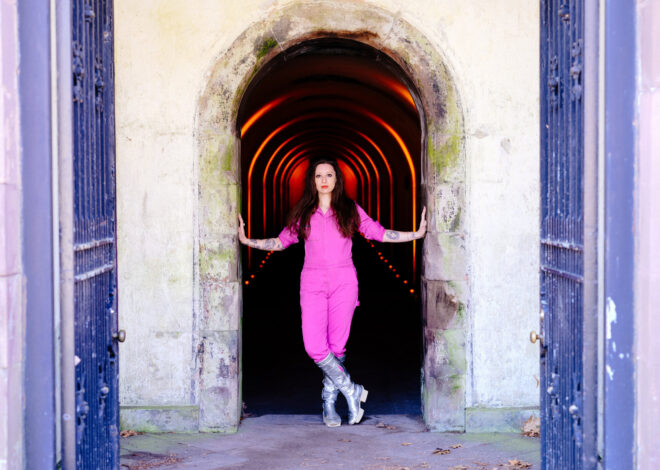
Interview: Eric Sommer
Congrats on your recent music release!
Thank you!
How did your musical journey begin? What initially sparked your interest in music?
Great question, but it would take a few volumes to round that one out! And my journey has been – and continues to be – a thread of coincidences and happenstance, a combination of being in the right place at the right time, only listening to people who made sense and keeping to my schedule of playing in the living room or where I could for hours and hours, reading off the Berklee Guitar Books #1-3 and trying to figure out what David Landau was doing when I’d see him in Harvard Square at The Oxford Ale House with The Chris Rhodes Band.
I started out as a 5-year-old kid with a Sears Silvertone my Dad got me at the PX. I had a few lessons and all I had to listen too was US Marine Band records, Perry Como, a few others Oh, and Stan Freeberg comedy records. One day my Mom took me down to Wireless Road and the USIS Auditorium to see Addison and Crowfoot – and early Americana Duo, and the asked if anyone could play something for them. I got up and played “Stewball was a Race Horse” and I never looked back!
I went away to school in India, at St. Josephs College, Darjeeling, and I bought a Sitar in Calcutta because the sound was so amazing. They took it away from me, but I was captivated by the sound and especially what the Beatles did with it on Sgt Pepper. I didn’t play a lot during my time in India, but I got my head and thinking aligned musically… and that saved me. It was very lonely in Darjeeling, being one of only three American/Canadians and there was very little camaraderie between us and the Sikkimese, Bhutanese, Tibetans, and Bengalis, so music – at least thinking and fantasizing about it – made my years there tolerable.
When I got to the US, I was in heaven. It was the incredible music scene in Boston that captured me while I was still in High School in Lexington, MA. I would spend every weekend in Harvard Square, listening to people, playing on a bucket in front of the Harvard Coop, on the steps at Holyoke Center, down on Charles Street, at The Nameless Coffeehouse on Church Street and at Passim’s Coffeehouse, then run by Bob Donlin. Soon enough I went to college in New Jersey, and a few years after that back to SE Asia.
When I left Bangkok, I worked my way through Tel Aviv, then Greece and Athens, and up to Geneva, where I stayed and made a few friends playing music and writing songs. Eventually I moved on, hitchhiked up to Amsterdam, and played on the streets in and around the Dam Square, and lived on a houseboat behind the train station. I got busted one afternoon, since I was making so much money, and they took my guitar away. I had to hire a lawyer and it was going to take about 3 months to get it back.
So I left Amsterdam, hitched up to Aarhus, Denmark and ended up living there for three years. I didn’t have a guitar, so a friend lent me one and I rehearsed for weeks in the sauna rooms at The University of Aårhus; I eventually got three gigs a week on a regular basis and wrote all my oen songs, played all my own material and did very well, and when it was time to head back to the US, I had a boatload of Danish Krone and landed in the US with some cash. I ended up back in Boston, and this time I was getting good shows immediately, ending up with Don Law, the biggest promoter in the area. I worked with him on and off for 15 years, touring with everyone from Little Feat to John Mayall and then back in Europe with Nick Lowe and Dave Edmonds, The Pretenders and John Hammond Jr.
By the time I had formed The Atomics, we were already a known quantity, and we were put on tours with Mission of Burma, Gang of Four, The Dead Kennedys and Orchestra Luna… that went on for almost seven years, and then I had to get out.
The stage show was getting in the way of the music – I was writing and playing alright but not making progress and the punk/new wave scene had made its mark, scorched the earth, and moved on. There wasn’t much left, and I had been living in a South Boston Loft with no heat and no hot water, and I had enough.
So I shifted gears to Washington DC, dried out, quit smoking and drinking and got back to my acoustic guitar roots and never looked back. If you’re not improving, developing, and making a difference, what’s the point, right? I got back to my original loves of writing songs, playing acoustic guitar to small intimate audiences, and went back on the road to The Bayfront Blues Festival in Duluth, MN. I toured solidly for the next 10 years, ending up Chapel Hill, North Carolina, where I played a steady series of shows up and down the East Coast.
I formed “Eric Sommer and The Fabulous Piedmonts” a year ago, and we are recording and making new music daily. We are touring and I am writing constantly, working in and out of Nashville, left SESAC for BMI, and I am enjoying my new sound, content, and musical writing process more than ever.
This is a journey, not a race.
Can you describe some of the pivotal moments or turning points in your artistic development?
The most important moment in my journey came when I walked into The Oxford Ale House in Harvard Square and saw David Landau playing a white Telecaster and doing an masterful, magical treatment of “Bloomdido”, a Charlie Parker song, in a rock setting. I was absolutely mesmerized and have tried ever since then to play as smooth as David and with his wonderfully fluid technique.
As I worked on that technique – sliding the notes together in a seamless stream of musical notes that are like flowing water or a dam or a small stream – I realized David had taken a page out of Charlie Christian, so I started listening to “Rose Room”, “Live at Minton’s” and “Air Mail Special” when he was the guitar player in the Benny Goodman Orchestra.
I am still working on it.
How have your musical tastes and influences evolved over time?
I’m not sure I’d say “changed”, as much as “evolved”, which is a more accurate word.
Truth be told, I have always been a bit of musical sponge, meaning I absorb anything and everything around me – and when I started playing and learning guitar and songs and how to entertain an audience, I was not very in tune to my surroundings at that time. I was busy trying to get the chords right and trying not to make too many mistakes.
I stayed in the acoustic folk world until I returned to Boston from Denmark, and I was surrounded by the New Wave movement, bouncing over the pond from London: The Clash, The Pretenders, and especially The Cars. They were everywhere in Boston, having been born at The Blue Parrot and at The Elliot Lounge on Mass Ave inside the Eliot Hotel.
That hard edge was thrilling and so very exciting… it added so much to what I was doing and was easy to play and audiences really liked it. So I quickly merged my acoustic stylings in with the New Wav/Pop/Punk feel I was creating, and out came “The Atomics”, my first really successful ensemble.
Later in my career, when I had been on the road for so many years, I realized that I was unconsciously including phrases and articulations I had heard years earlier and they just inserted themselves into what I was doing…I was evolving into what I had been listening to over my entire life: bits and pieces were appearing in my writing, in my playing and in my soloing that had been stored in the master sponge inside my head for my entire life. It was a wonderful realization that I had retained everything I had ever heard… and now it was coming out!
In terms of the writing – both songs, road prose and my short stories, I grow and evolve constantly – the universe is not static. And as a child of the universe, made up of stardust, I am part of that change and that evolution, and I am constantly growing. Sometime slowly, sometimes at an accelerated pace and sometimes so fast it’s as if a lightening bolt had super-charged me and the words, thoughts and ideas are all screaming at the door trying to get through and be born.
Are there any specific experiences or challenges that have shaped your artistic identity?
There are so, so many, but look, here’s the thing: I have built my life around this from very early on, and I count every day as a positive learning and growing experience. I want to have a full, exceptional life, and to do that I try to be fully engaged in everything I do.
There are new challenges every day, and in booking shows, getting to the shows, everything is complicated at some point the busier you get; but you need to keep your eye on the goal, whatever that is that you set for yourself. There are frustrations and disappointments at every turn, and to survive that, and maintain a cheerful, positive attitude, you need to be fully engaged and be constantly working on the product: you and the music you are creating.
This is a hard business. It’s made harder by a flood of singer-songwriter types who have been influenced by, say, someone like Taylor Swift, and believe that with 3-5 simple chords they can have a career. Those days are long, long gone.
But for the pros and the long-time working players, it makes it more challenging to maintain a career you’ve been developing for a lifetime. Don’t get me wrong – all those new young players are a great boost to the music suppliers, but what I am talking about is the value they bring to the table. And the bottom line, as Joan Baez said in the wonderful Bob Dylan film, is this: what do they have to say?
Let me put that in perspective: I can’t learn anything from Demi Lovato. The same goes for Taylor Swift. For me, there’s no lasting message, no words of meaningful communication, no memorable confirmation of values, or a universal theme. That is a fundamental of good songwriting and it just seems to skip a beat from my perspective.
What role does experimentation play in your creative process?
Experimentation is everything. Period. If you are not experimenting, you risk the trap of becoming static, not growing, sitting in a puddle of mediocrity.
Can you share a particularly meaningful or memorable performance or recording session from your journey?
The most important moment in my journey came when I walked into The Oxford Ale House in Harvard Square and saw David Landau playing “Bloomdido” a Charlie Parker song, in a rock setting. I was absolutely mesmerized and have tried ever since then to play as smooth as David and with his wonderfully fluid technique.
I am still working on it.
Are there any recurring themes or concepts that you find yourself exploring in your music?
There are so many themes, so many points of view I try to incorporate and dissect, take apart and put back together in new and different musical, emotional and lyrical ways. Naming them, identifying them and putting a thumbtack through them so they can be put up on the board and studied, thought about and copied is exactly what this highly personal and emotion creation is not going to be put through.
And that approach is incredibly superficial. It’s not authentic, and I guard my authenticity carefully and forcefully.
So, the best thing I can say about this question is this: take a listen to all my songs. Read my bio on the website.
What themes can you identify?
How do you stay inspired and motivated to create new music?
There’s a wonderful line in the Bob Dylan bio “No Direction Home” that I am sure most people missed. Joan Baez is told there’s a new singer in the Village named Bob Dylan, and he’s stirring things up a bit. Her response is clear and direct; she goes “What does he have to say?”
I ask myself that question every day: What do I have to say today? And that is the whole reason I am in music – I am trying to say things, I am trying to write about things I see, things I want to express and share, and it’s everything from the beautiful sunrise this morning, the way the lamp cord falls so beautifully from the table, the perfect alignment of the cars, the gas pump and the cones on a miserable, wet and rainy day under the canopy at the gas station on the outskirts of Chicago.
Inspiration is everywhere, as Picasso said, but it must find you working.
Looking back on your journey so far, what are some lessons or insights you’ve gained about yourself as an artist?
There’s no point in me describing a “life lesson” or any one of thousands of “come-to-Jesus” moments I have and will continue to have right up to the moment they throw that last scoop of earth over me. And here’s the reason: it’s not good unless you discover it for yourself.
I am still looking. Still out there on the lonesome highway, chasing the endless new day.


